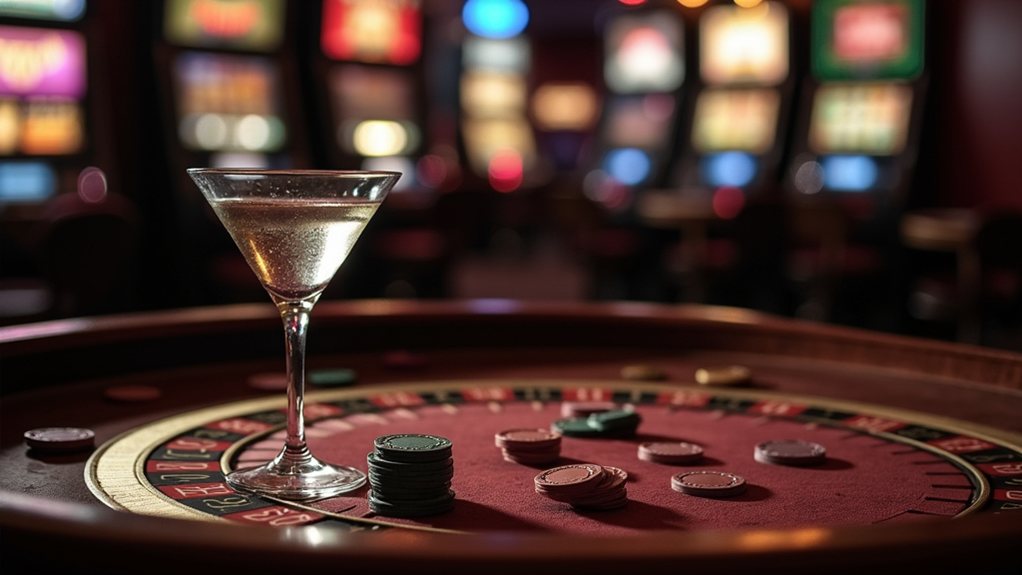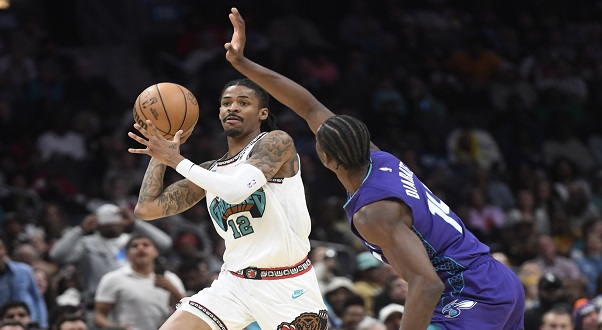Chase betting systems pose significant threats to bettors’ financial health and emotional well-being. The Martingale strategy and similar approaches promise easy recoveries from losses, but the math simply doesn’t support these claims. Our gold standard analysis shows these systems inevitably lead to bankruptcy for most players. Experienced bettors with fifth-decade expertise recognize the psychological traps that make chase betting so appealing. Don’t miss out on uncovering the sustainable alternatives that professional gamblers actually use.
The Martingale Myth: Why Doubling Down Leads to Disaster

While the Martingale betting system tempts gamblers with its simple premise of doubling down after losses, the strategy harbors devastating financial risks that experts have warned against for decades.
The system’s fatal flaw lies in its exponential growth pattern. Even a modest $10 initial wager becomes a staggering $640 bet after just six consecutive losses.
The Martingale’s exponential nature turns small initial bets into financially crippling wagers after surprisingly few losses.
Most sportsbooks enforce maximum betting limits, creating a ceiling that prevents the strategy from working as intended.
These limitations, combined with the reality of limited bankrolls, make the Martingale system a proven path to financial ruin for countless bettors. The strategy fundamentally fails because it cannot overcome the inherent randomness of gambling outcomes. The emotional stress from chasing losses can significantly impair judgment, leading bettors to make increasingly poor decisions as their financial situation deteriorates. Despite its theoretical appeal in games like roulette and blackjack, the Martingale system falls victim to the gambler’s fallacy that mistakenly assumes past results influence future outcomes. Making rational decisions requires understanding that each gambling event is statistically independent from previous results.
Psychological Traps Behind Chase Betting Behavior

Beyond the mathematical failures of systems like Martingale lies a deeper problem: the human mind itself.
Loss aversion makes defeats feel twice as painful as equivalent wins feel good, driving bettors to chase losses desperately. This mirrors disposition effect behavior seen in investing, where people tend to sell winners too early while holding losers too long.
The psychology is complex but predictable. Recency bias causes focus on recent outcomes rather than long-term probabilities. The illusion of control tricks bettors into believing their strategies can beat random chance. The Gambler’s Fallacy compounds this issue, creating the mistaken belief that multiple losses must inevitably lead to an upcoming win.
Meanwhile, the sunk cost fallacy keeps players investing after losses. Despite the diminishing returns, bettors continue because they’ve already committed significant resources and struggle to abandon their investment.
Casino environments exploit these weaknesses with bright lights and free drinks, while emotional states like anxiety or euphoria lead to increasingly risky bets.
Setting strict limits before betting begins is the gold standard for protection.
Sustainable Alternatives for Long-Term Betting Success

Unlike destructive chase betting systems, sustainable alternatives exist that promote long-term success in sports wagering. These proven approaches focus on disciplined bankroll management, data-driven decision making, and emotional control—our industry’s gold standard practices. Maintaining detailed betting records helps bettors identify patterns and make more informed decisions over time.
| Strategy | Key Benefit | Success Factor |
|---|---|---|
| Fixed-Unit Model | Consistent risk control | Reduces emotional decisions |
| Kelly Criterion | Ideal bankroll growth | Optimizes long-term returns |
| Flexible Bets | Adapts to confidence levels | Improves strategic flexibility |
Don’t miss out on these sustainable methods! Professional bettors consistently utilize systematic approaches rather than chasing losses. Our fifth decade of analysis confirms: successful wagering requires disciplined strategy implementation, not emotional reactions.
FAQs
When Can Chase Betting Be Mathematically Viable Despite the Risks?
Chase betting can be mathematically viable with correlated outcomes, proper bankroll management, statistical analysis of favorable conditions, and when using adaptive strategies that mitigate consecutive loss risks.
How Do Betting Limits Affect the Effectiveness of Chase Systems?
Betting boundaries brutally blunt chase systems by capping recovery capabilities, preventing progressive scaling during losing streaks, and limiting potential returns—essentially handcuffing the strategy’s core mechanism of increasing wagers to recoup losses.
Can Chase Betting Work Better in Specific Sports or Leagues?
Chase betting typically works better in sports like baseball with correlated outcomes and plus-money underdogs. Leagues where revenge-seeking occurs between games offer higher success potential for disciplined, well-capitalized bettors.
What Bankroll Percentage Is Considered Safe for Chase Betting Attempts?
Conservative chase betting typically takes 1-2% of total bankroll for sustainability. More adventurous bettors might push to 5%, but venturing beyond risks rapid ruin despite the allure of freedom-fueling returns.
How Do Professional Gamblers Modify Chase Systems for Sustainable Use?
Professional gamblers implement strict loss limits, segment their bankrolls, employ statistical analysis, and maintain disciplined emotional control while adapting chase systems based on continuous performance evaluation rather than chasing immediate recovery.









